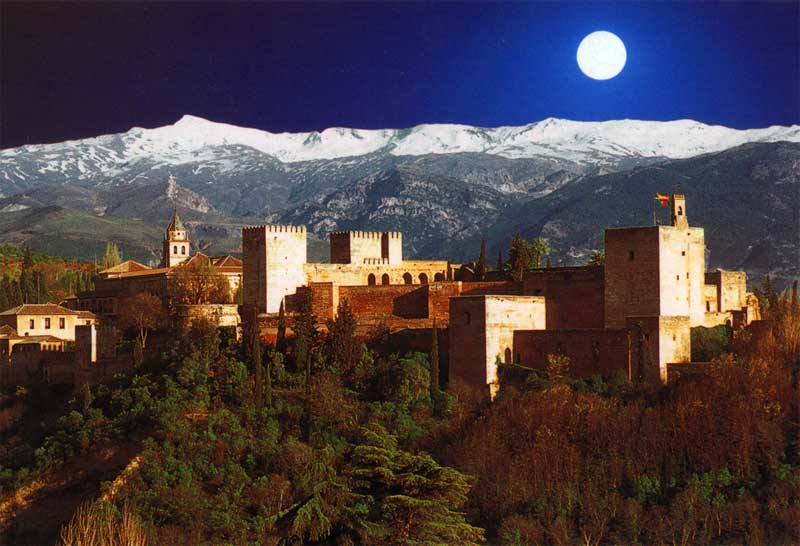THE NUMBER OF WORDS YOU CAN REMEMBER IS NOT YOUR LEVEL IN A CERTAIN LANGUAGE
It is thought that the more vocabulary you know, the better you'll know a language. That's not completely untrue, however, vocabulary is overstimated for second language students.
To get to know the importance of vocabulary, we must think of our mother tongues. Can you express a word you don't know in your own language? In many occassions we face objects or procedures we do not understand at all, but we can explain them. We would be amazed of the number of words we do not know in our own language. Does it make any bigger difference in your life? The answer is that it doesn't.
What we do in those cases is using descriptions, definitions, or even gestures to explain ourselves.
The problem comes when we are studying a new language and we think we must know all vocabulary given. Sometimes we are so busy translating we completely forget about our class or about understanding anything we are listening to. Why don't we use the same strategies as in mother tongue instead?
HOW WE LEARN NEW WORDS
The proccess of learning a new word is a complex system inside our brains. The word is firstly received in the shape of a sound or in a written form. If the word is unknown and we understand the meaning in the context or the word is explained to us (I said explained, no necesarily translated) we have been introduced to a brand new word.
The word will come into your short period memory first, and it will stay there for no longer than a few minutes. After that time, if the word has proven to be important or has capted your attention, it will be passed to the medium period memory store room.
There, it will be remembered for a longer period. However, after a few days or weeks (time depends on each individual and the importance given to the concept, if your life depended on it you would probably remember it better) the word will be forgotten. The only way to remember that word is to keep the input with it, listening, speaking, reading, writing or whatever.
The word will finally come to the long period memory. Thoughts there can stay as long as you can live, as long as you use them. As this store room has a limited space, concepts that aren't used commonly will be forgotten (they are not actually forgotten but taken into the subconscious parts of your brain, if you want to take them back ask a psichologist). The only way to remember is using that word.
ACTIVE AND PASSIVE VOCABULARY
The vocabulary we know, after the whole proccess above, is then dividen in two groups. Passive vocabulary is that you can remember and understand, but not use. There are many words your doctor tells you that you understand but you wouldn't use them unless reading a medical text.
Active vocabulary is that you can use speaking or writing. This is the position in which you want all the rest of vocabulary in any language to be. The system is very simple to take things in here.
HOW TO MAKE ALL MY VOCABULARY ACTIVE
If active vocabulary is that one you can use speaking, force yourselft to use new words in your speech for at least three weeks after you first hear them. You don't need to repeat them all the time, but using them a couple of times per week in natural contexts is a great idea. If the word lasts for nearly a month it will be added to your own mental dictionary.
And now you know that all the hours spent memorizing vocabulary were futile, but you've got a much more powerful tool now!
 Classes have been resumed after the Summer break, and so the posting. More articles to come soon to help all students and friends who read this blog.
Classes have been resumed after the Summer break, and so the posting. More articles to come soon to help all students and friends who read this blog.





























